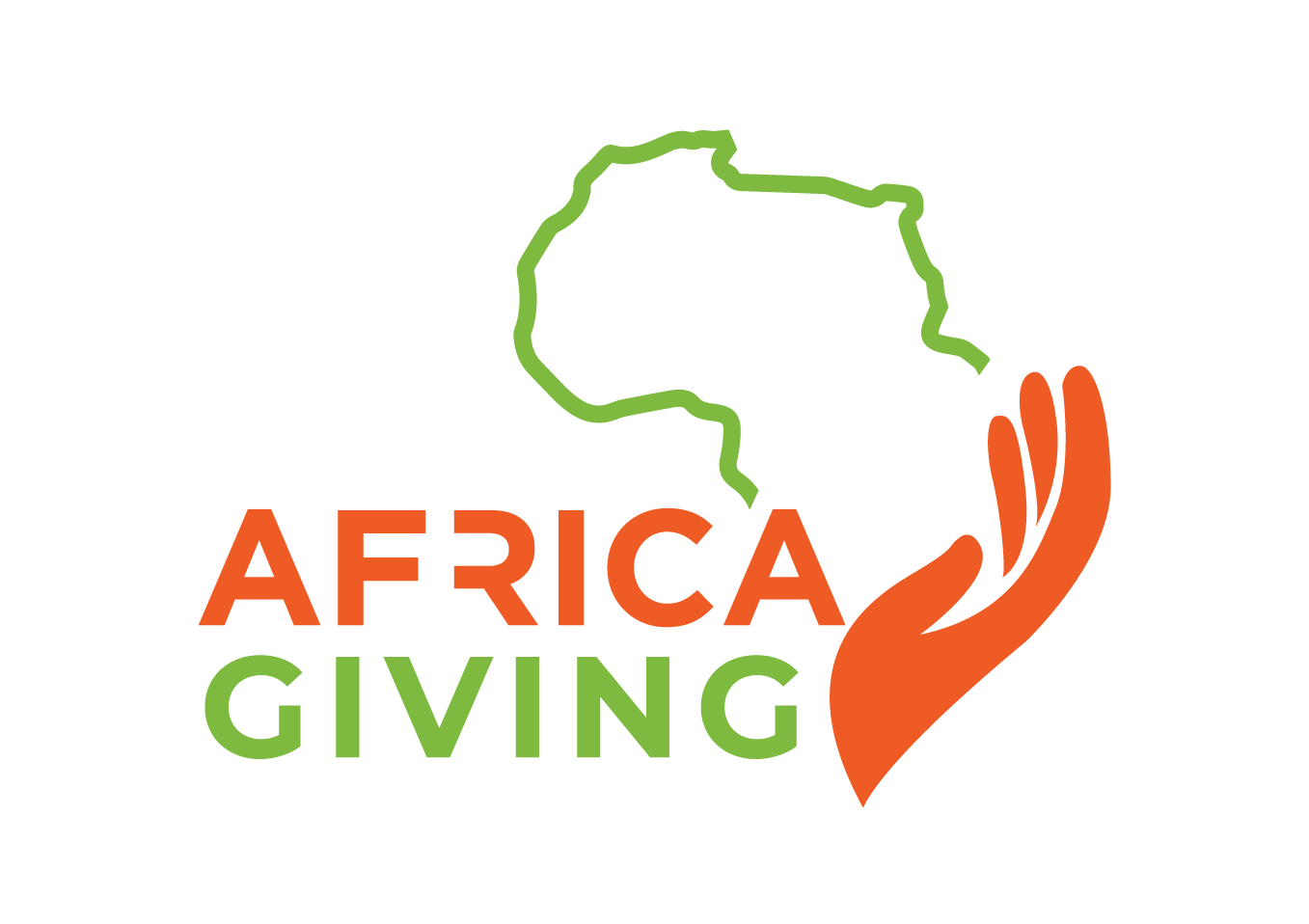Kuumba Community Foundation

Key Data
Compliance score
5.0
Year of registration
2020
Contact Person
Mutheu Maitha
Organisational Information
Fundraising Initiatives
In 2020, Kuumba Community Foundation (KCF) initiated a project focused on empowering women personally and economically in Buhera District. Buhera District is a primarily semiarid rural area located in southeastern Zimbabwe. The district is predominantly inhabited by communal farmers who possess small plots of land. Women in this rural and arid community face numerous challenges. These include a harsh climate, limited economic opportunities, restricted access to capital, the burden of domestic responsibilities both inside and outside the home, and the constant risk of violence. Women often find themselves in the role of being the primary breadwinners for their children. In this situation, they are faced with the challenge of ensuring their children's basic needs are met, often without the support of their husbands or extended families. To overcome this, they must rely on their resourcefulness and find innovative ways to provide for their children.
Buhera District, despite its harsh climate, is home to thriving Non-Timber Forest Products (NTFPs) like Ximenia caffra, Marula, and Baobab. These products are in high demand within the cosmetics industry. Furthermore, the region is known for its plentiful supply of nutrient-rich teas, including Resurrection Bush and Black Jack, as well as traditional grains that are drought-resistant. KCF provides support to women engaged in sustainable harvesting of NTFPs and the cultivation of Kalahari Melon and Amaranth as cash crops. These crops are intercropped with traditional grains, allowing women to generate income and daily sustenance from a single field. KCF has observed compelling evidence of how the project has positively impacted the lives of women. The income earned by women from the sale of graded products has shown a consistent increase over the years. In 2021, it amounted to US$2,000, which then grew to US$4,484 in 2022 and US$ 9,500 in 2023. For the 2024 season, the target is at least US$20,000. Today, women have the ability to meet their daily sustenance needs, pay school fees for their children, take control of their own lives, and make choices for themselves. Additionally, each women's group has an Internal Savings and Loan Club. This club serves to promote savings, provide the initial funds for new businesses, and offer loans at favourable interest rates. Some examples of group projects that have been established to generate extra income are sheep and goat rearing, broiler and roadrunner chicken farming, vegetable gardens, and black soldier fly farming. Furthermore, the women's groups are committed to engaging in philanthropic activities within the community. They have established scholarships to cover school fees for underprivileged children, provide school uniforms for those in need, implemented a program to provide meals for school children in Dzenga Village, renovated the local school playground in Dzenga Village and are building an ECD block in Gwenukwenu Village.
